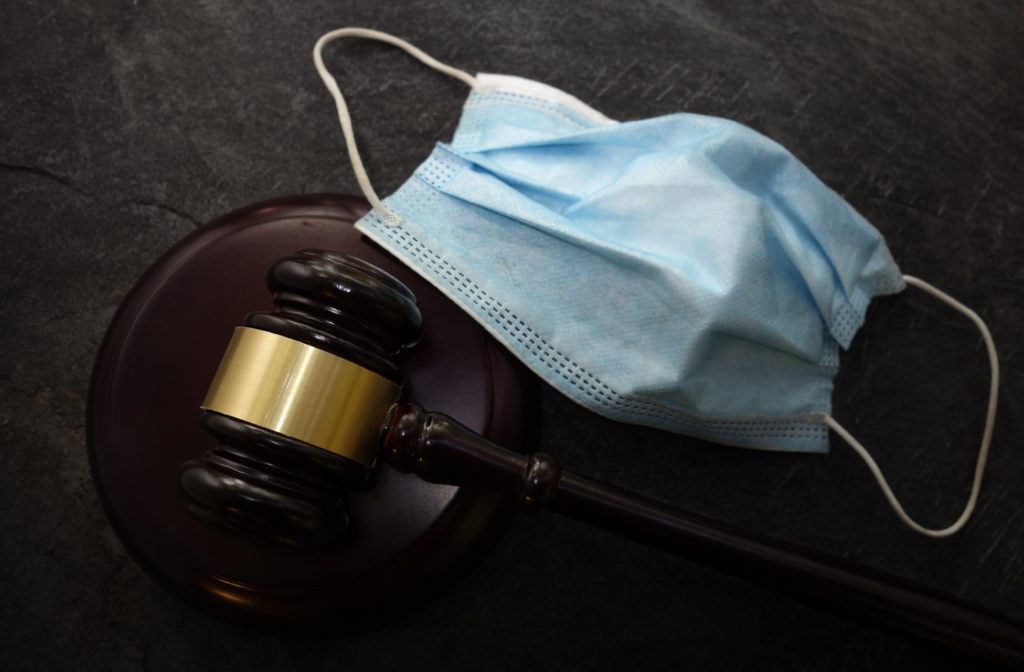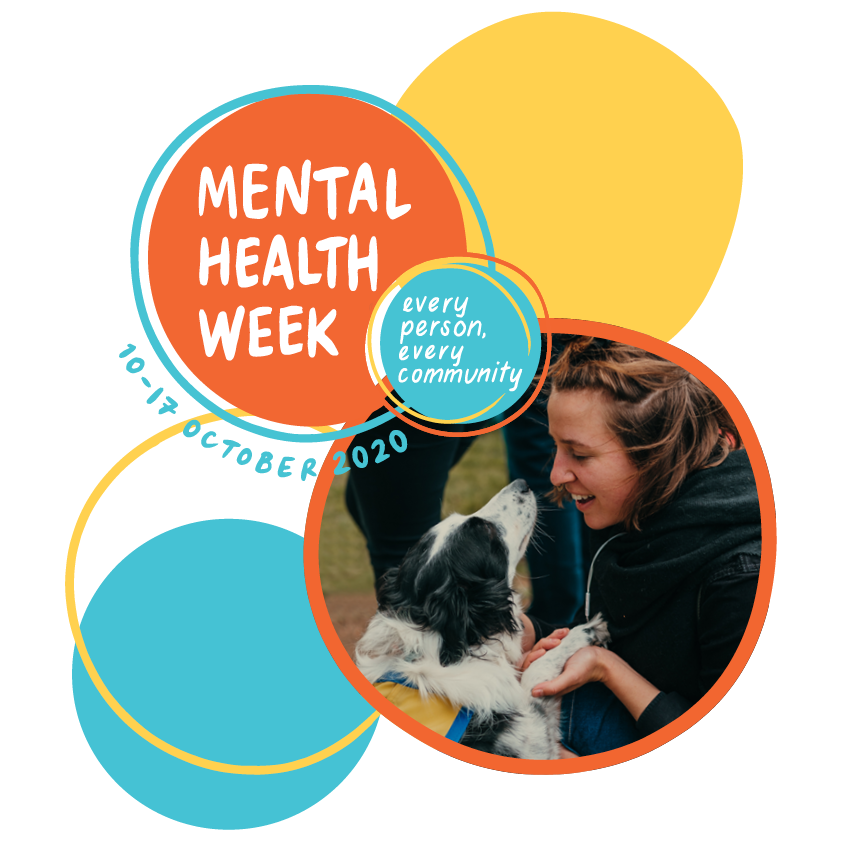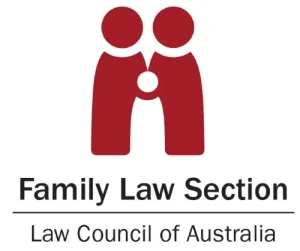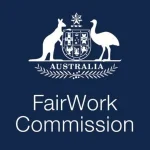It takes a village to have a child: surrogacy in South Australia

They say it takes a village to raise a child, however in surrogacy world, we say it takes a village to make one. I am fortunate enough to work in one of the brighter areas of law, which involves helping Australian families work with their surrogates and create the family they’ve always wanted.
The End of COVID Mandates

At 12:25pm on 24 May 2022, the Emergency Management Declaration made pursuant to the Emergency Management Act that allowed South Australia’s Police Commissioner Grant Stevens to impose COVID-19 lockdowns, mask and vaccine mandates has been revoked.
This is Mental Health Week

Binding Financial Agreements and Consent Orders

Binding Financial Agreements and Consent Orders Separation is one of the most strenuous times a person can go through. The process of dividing property can sometimes be worse than the final split itself. It may seem simple at first, but the reality soon hits things can become complicated. It can become more than just […]











